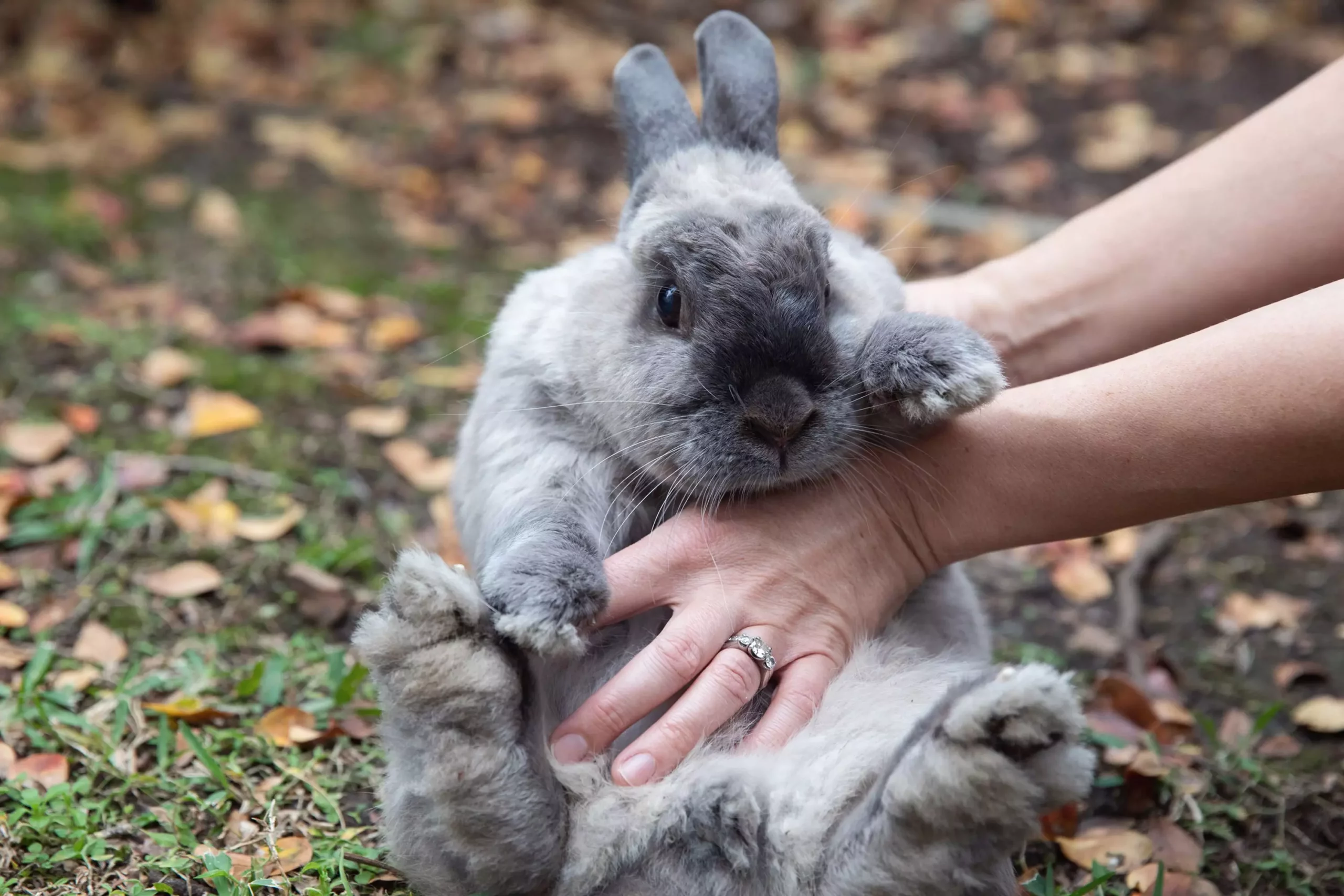Adopting a pet rabbit can be an exciting prospect. Their whimsical nature and affectionate demeanor can bring joy to any household. However, potential rabbit owners should understand that bringing a bunny into your home entails much more than a simple adoption fee. Financial planning is essential, as bunnies can live up to a decade or more, demanding both initial and ongoing expenses.
Before welcoming a rabbit into your life, it’s critical to identify where you will source your new companion. The price of a rabbit can vary significantly based on factors such as breed and the establishment from which you acquire it. Generally, rabbits purchased at pet stores can range from $20 to $40, while those obtained through animal rescue organizations and local clubs can be as low as $5 to $20. However, if you prefer a specific breed such as the Jersey Wooly or Flemish Giant, you may find the price escalating up to $100 or more, especially from reputable breeders.
In addition to the rabbit’s price, consider the expenses associated with proper housing. Whether you choose an outdoor hutch or an indoor cage, these costs can add up quickly. A sturdy outdoor rabbit hutch could set you back between $150 to $200, while a well-constructed indoor cage may start around $50 and can go upwards of $100 depending on its design and size. Many owners choose to make their own housing solution, which could substantially lower these initial expenditures.
Ongoing Supplies: Monthly Necessities
Once your rabbit is settled into their new home, expect to budget for ongoing monthly costs that can easily reach around $40. This estimation encompasses bedding, hay, pellets, fresh vegetables, and toys. Expenses will vary based on purchasing choices; for example, buying in bulk or growing your own vegetables can significantly mitigate the monthly financial burden. Additionally, consider the costs associated with treats and chew toys, vital for keeping your rabbit engaged and healthy.
Regular health maintenance is also a necessity. If you plan to spay or neuter your rabbit — a recommended practice — expect an upfront veterinary cost ranging from $125 to $250. Annual check-ups are imperative as well, typically between $35 and $65. These visits help to ensure your rabbit remains in good health and may prevent future, costlier health issues.
Health Care: Being Prepared for the Unexpected
Health concerns can arise unexpectedly, highlighting the importance of budgeting for potential emergencies. One common ailment to be aware of is gastrointestinal stasis, or ileus, which can result in treatment costs of several hundred dollars. Some owners opt for pet insurance to alleviate future financial strains from medical emergencies, although options can be limited for rabbits, primarily being offered through specialized providers like VPI Pet Insurance.
Expect to spend extra for specialized care if your rabbit faces issues that arise with age, such as dental problems or other common illnesses. Furthermore, as part of responsible rabbit ownership, don’t forget about routine care like nail clipping and grooming, especially for long-haired breeds which may require additional attention to avoid matting.
Many first-time rabbit owners overlook various other costs associated with pet ownership. When planning vacations, for example, you may require boarding services for your bunny, which can be a surprising expense. Additionally, if your home isn’t rabbit-proofed, there could be costs related to home repairs due to curious chewing. Rabbits have a penchant for nibbling on wires, furniture, and carpets, so taking preventative measures can save you long-term costs.
Ultimately, preparing to welcome a rabbit into your family goes beyond merely paying for the rabbit itself; it requires a comprehensive understanding of both initial investments and ongoing commitments. With a lifespan of 10 years or longer, the cumulative expenses associated with feeding, healthcare, and housing can be significant.
Investing in a rabbit means more than managing finances — it’s about ensuring a loving and stable environment for your new furry friend. Understanding the total cost of ownership will help you make a more informed decision. Owning a rabbit can be overwhelmingly rewarding, enriching your life with companionship. Yet, the burdens of responsibility should not be underestimated. If you are prepared for the financial and emotional challenges of rabbit care, you will likely find the joy of bunny companionship worth every penny spent.

